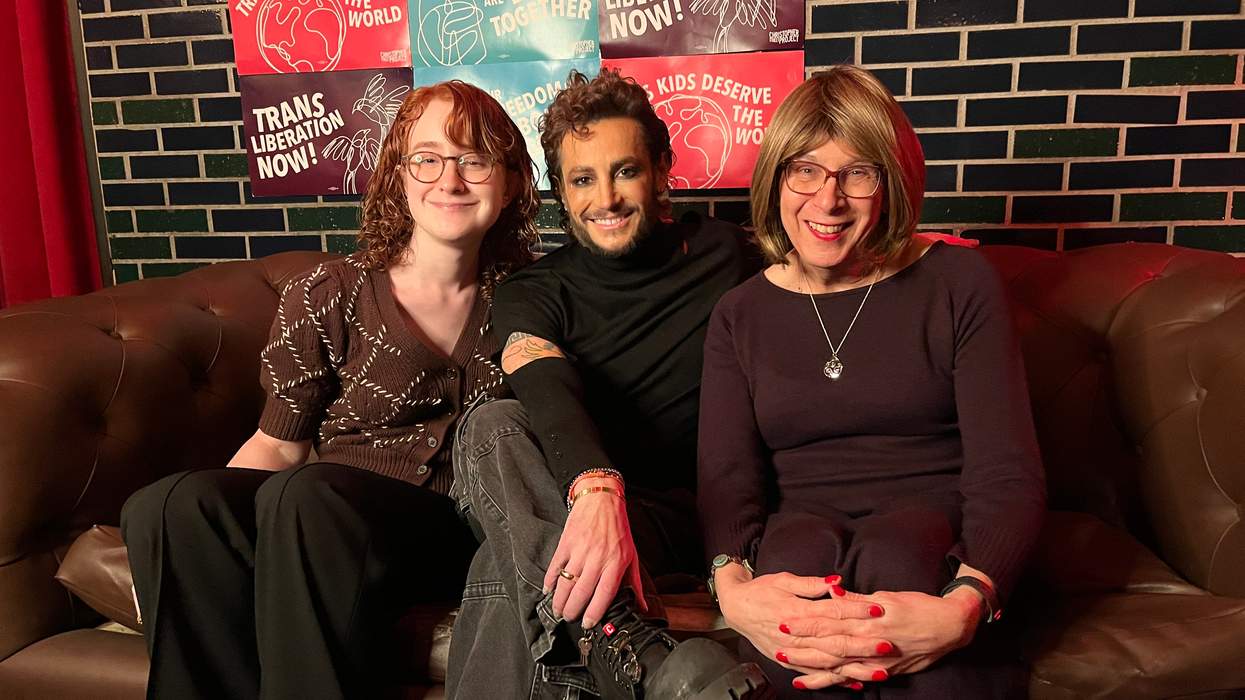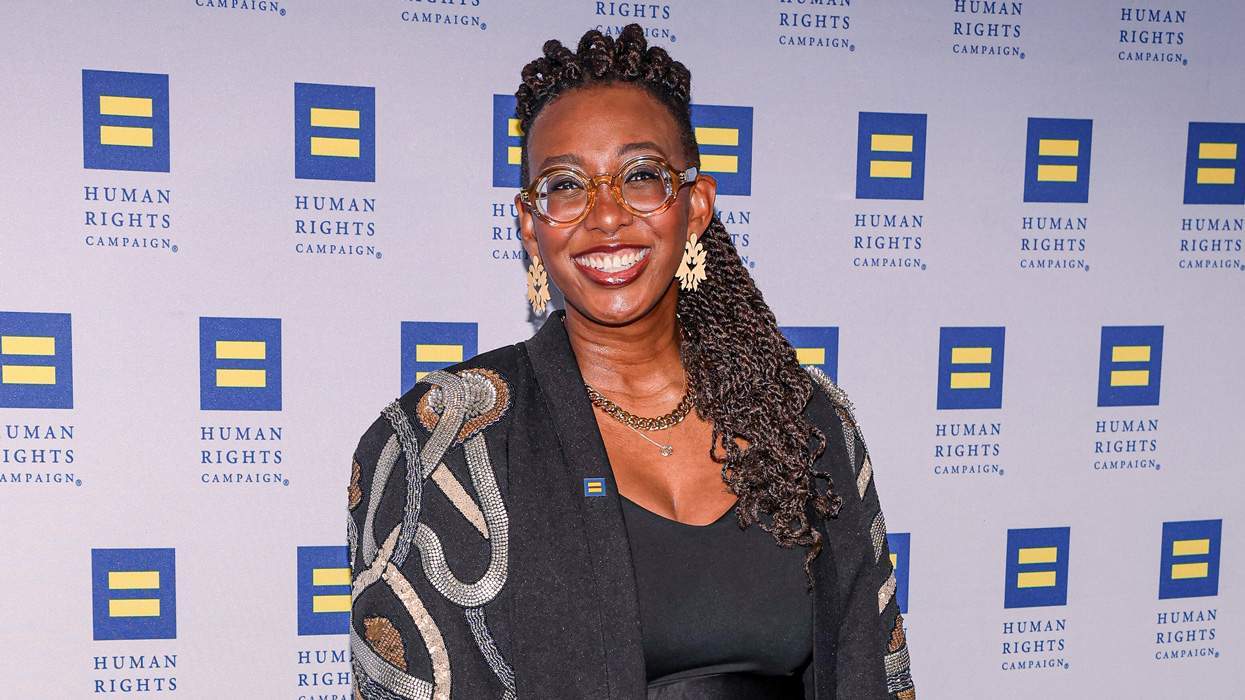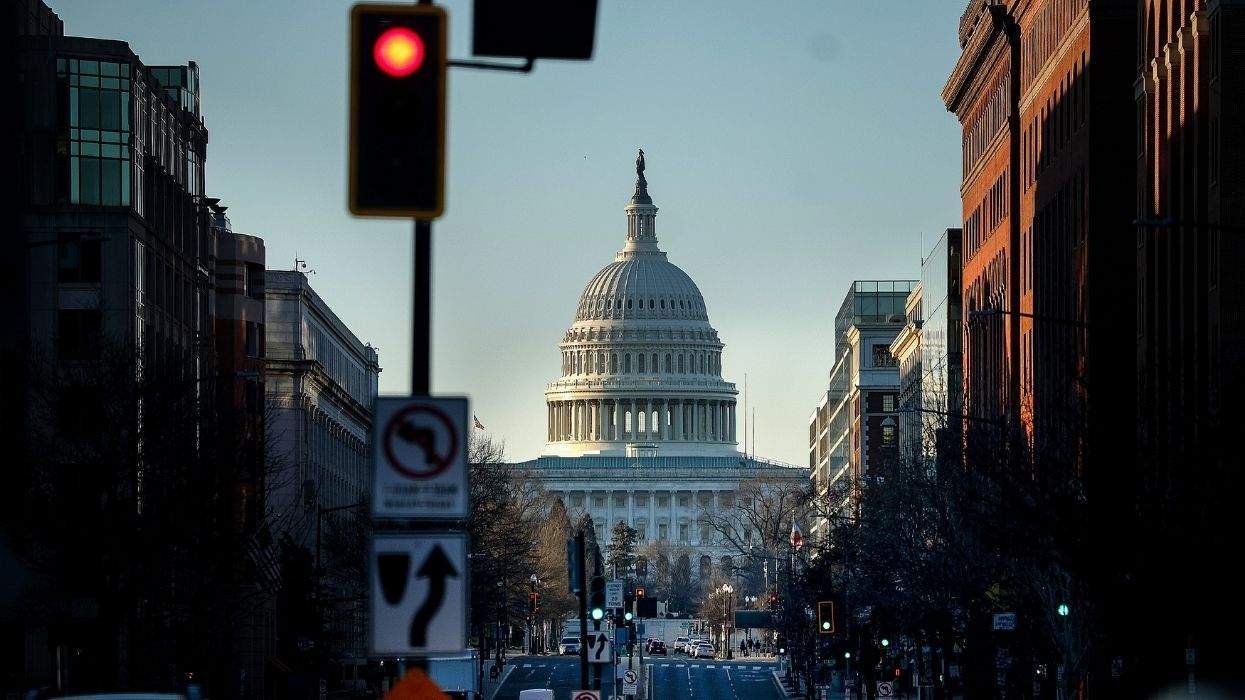The majority of LGBTQ+ adults experience discrimination from a health care professional -- and the consequences are heartbreaking.
A new study from the American Heart Association published Thursday in the Circulation journal indicates that 56 percent of this demographic reported being subjected to provider bias of some kind. The incidence was even higher, at 70 percent, for transgender and gender-nonconforming people.
This report is the first of its kind from the AHA, a nonprofit that funds research into cardiac care. This discrimination can help account for the disparities in heart health experienced by LGBTQ+ people.
The findings of the 2020 study are "particularly important now, at a time when there is increased awareness of health inequities related to unequal treatment and discrimination in the U.S.," said Billy A. Caceres, Ph.D., an assistant professor at the Columbia University School of Nursing who led the AHA scientific statement.
"LGBTQ individuals are delaying primary care and preventative visits because there is a great fear of being treated differently. Being treated differently often means receiving inadequate or inferior care because of sexual orientation or gender identity."
The study's writing group recommended that the education of health care professionals require LGBTQ-inclusive lessons, which are lacking in most curricula. For example, a 2018 survey around 80 percent of students at 10 medical schools indicated that they felt "not competent" to treat trans patients.
"It is paramount to include content about LGBTQ health in clinical training and licensure requirements in order to address these cardiovascular health disparities," Caceres said.
Minority stress related to family rejection, job insecurity, and homelessness impairs heart health -- and health in general. LGBTQ+ people of color are particularly vulnerable to these stressors.
Vitally, a 2018 AHA study found that lesbian, gay, and bisexual adults were 36 percent less likely to have ideal cardiovascular health than their straight peers. These results were found by examining the leading factors of heart disease: smoking, BMI, physical activity, diet, blood cholesterol, blood pressure, and blood sugar.
Rates of substance abuse -- a coping mechanism for stressors -- are reported to be higher in the LGBTQ+ community (20 to 30 percent, compared to 9 percent of straight and cisgender people) and can deleteriously affect these factors.
However, LGBTQ+ people are also less lessly to trust physicians and receive treatment, due to the discrimination they've encountered. And data around health disparities is still lacking. To this end, the writing group advised that health records include information like LGBTQ+ identity.
"Health care systems need to play a significant role -- to enact policies to encourage and support researchers and health care professionals to ask these questions in a respectful manner and to implement structures that emphasize the clinical importance of understanding the many layers related to caring for people with a minority sexual orientation or gender identity," said Caceres.















Charlie Kirk DID say stoning gay people was the 'perfect law' — and these other heinous quotes
These are some of his worst comments about LGBTQ+ people made by Charlie Kirk.